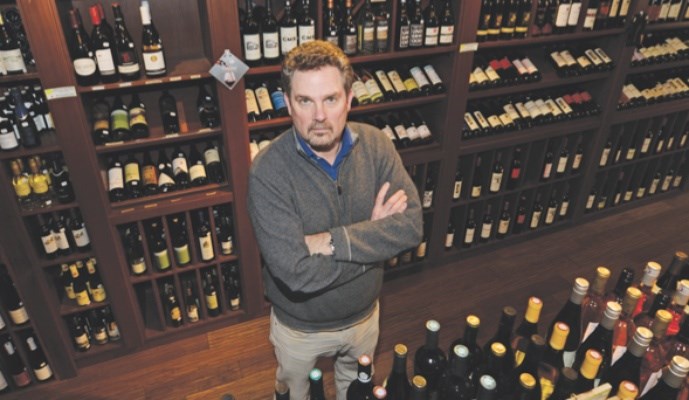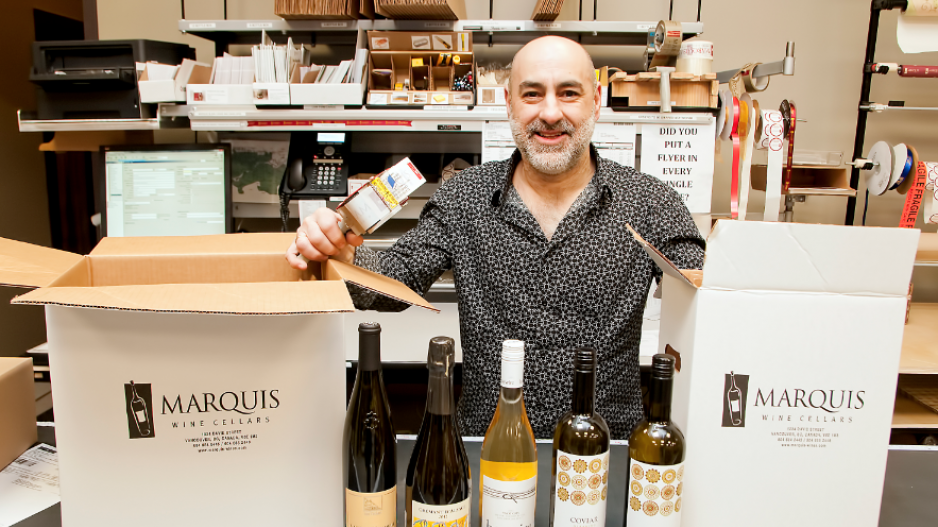Unlike Ontarians, British Columbians who want to shop online for wine, beer or spirits will have to make do with limited private-sector options.
The Liquor Control Board of Ontario announced last month that it will begin online alcohol sales in “mid-2016” but the British Columbia Liquor Distribution Branch told Business in Vancouver in a statement that it will not launch e-commerce until at least April 2017.
Until then, only the owners of wineries, distilleries, breweries or bricks-and-mortar retail stores that sell alcoholic products will be permitted to sell alcohol over the Internet.
The New District e-commerce and wine education website, which launched last October, suspended online sales after the Liquor Control and Licensing Branch (LCLB) ruled that the sales were “unlawful,” according to an LCLB statement.
New District sold wine from wineries that were too small to run their own e-commerce operations and too large to sell all their wine at their wineries.
Owner Jay Garnett stressed to BIV, when he launched the venture, that all sales on his website were done by the winery and that New District’s role was providing wineries with a sales platform and a delivery service. That, however, is not allowed, according to the LCLB.
Garnett said he is in talks with the LCLB.
Marquis Wine Cellars owner John Clerides said that he might try to interest former New District customers in his store’s e-commerce platform.
Clerides, who launched online sales more than 15 years ago, said about 10% of his store’s sales are online.
Liberty Wine Merchants owner Robert Simpson, another alcohol retailer with an e-commerce website, estimated his online sales at approximately 4%.
One challenge for retailers who want to expand into e-commerce is that the LCLB requires all online sales to be delivered to customers directly from the retail store, not from an off-site warehouse. Expensive retail space must therefore be used to store wine for online sales.
“Of the 14 or so wineries that were on New District, if I was to buy five cases of each of their wines, we wouldn’t have space in the store,” Simpson said.
The other challenge for retailers is shipping costs.

(Liberty Wines owner Robert Simpson's ecommerce operations are profitable but not as much as when customers shop in one of his six wine stores | BIV files)
Both Clerides and Simpson operate their own delivery service. Clerides has the added expense of a full-time employee who manages his e-commerce site.
While both retailers say their e-commerce operations are profitable, their most lucrative sales are in their bricks-and-mortar stores.
Simpson said Cheers Vancouver probably has the most successful business model for delivering alcohol.
Its service is comparable to ordering liquor pickup and delivery via a taxi company, which is legal in B.C. Cheers charges liquor-store prices and adds $10 for items up to $50 and $30 for orders of more than $300.
“They have a lot less paperwork because all they are doing is delivery,” Simpson said. “They also have the advantage of more volume because that is their business.” •




